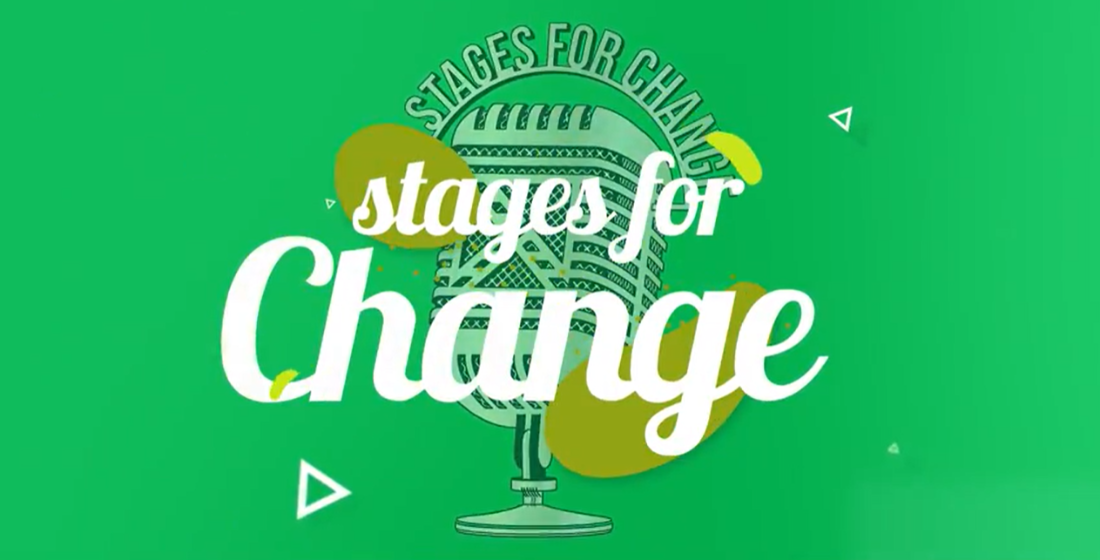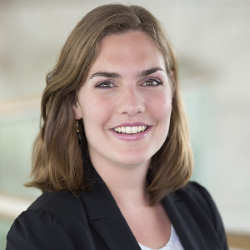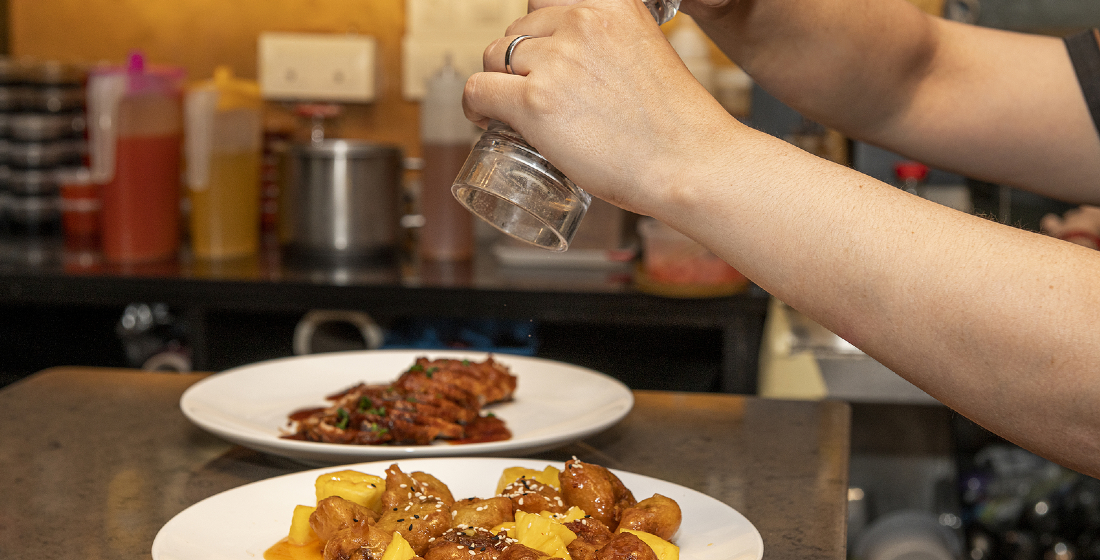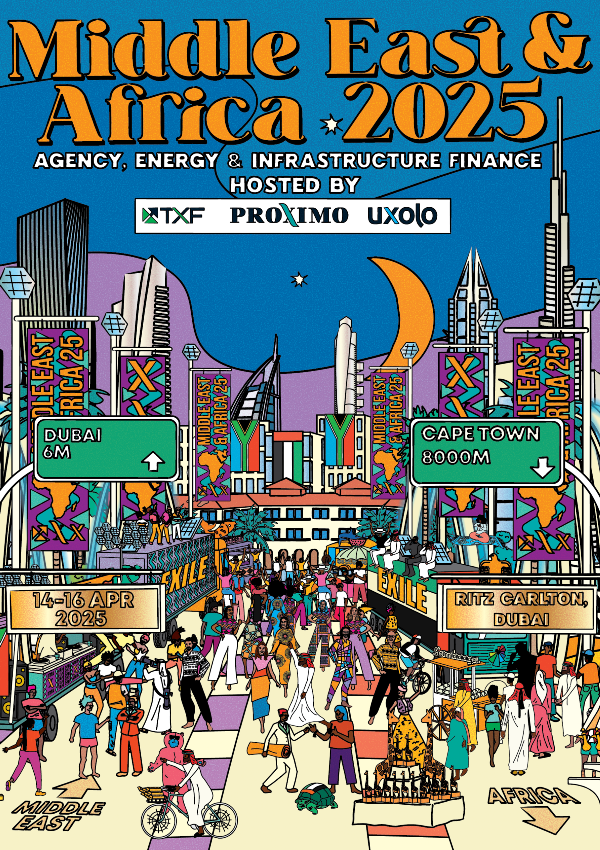Stages for Change: Geradts on the need for standardization in sustainable finance
In this week’s instalment of the Stages for Change series, Aife Howse speaks to ING’s Mayke Geradts, director of sustainable finance, on the headwinds posed by working in a relatively new and ever evolving industry.

While the commodities industry is evolving with the wider employment sectors to become a more inclusive space, it remains a predominantly male-led business. A study by Catalyst shows that women make up nearly half of the financial services industry, but that less than 13% of women in finance make it to leadership roles such as CFO. Homing in on the commodities industry in particular, women in leadership roles across the world’s largest commodity traders sits at an even slighter fraction of around 5%, according to Bloomberg.
As market observers at TXF, we’re in the privileged position to take a broader look at who is making an impact in the industry, including the exceptionally talented women who are making trade happen. In this series, we highlight a range of female professionals – from junior to senior, representing different types of institutions, each with different drivers to excel in the industry.
Mayke Geradts joined the sustainable finance team at ING three years ago, after initially working in structured commodities finance at ING and prior to joining ING, at the Dutch Development Bank (FMO). Sustainability is something that has been of deep interest to her since studying business at university – back when there were no courses on sustainable business itself.
Working in a banking sector which is still in its early stages is both fascinating and demanding. This week, I spoke to Mayke about the ins and outs of working in sustainable finance, and the challenges posed by lack of data and lack of a common standard beyond the Sustainability Linked Loan Principles.
Aife: Tell us about your role within ING
 Mayke: I work in the sustainable finance team of ING wholesale banking. Wholesale banking is basically the branch out of which we serve the big corporate firms. We are a global bank with a global footprint, but I'm personally based in Amsterdam.
Mayke: I work in the sustainable finance team of ING wholesale banking. Wholesale banking is basically the branch out of which we serve the big corporate firms. We are a global bank with a global footprint, but I'm personally based in Amsterdam.
ING finances companies across multiple sectors, with sustainability at the core across our business. There are three main sustainability teams at ING: group sustainability, environmental & social risk and sustainable finance. We have group sustainability - they're responsible for the sustainability direction, the sustainability strategy of ING, reporting, communication and stakeholder engagement. This is also the team in the lead for the Climate Risk topic and developing our Terra methodology, which is a big project with which we intend to align our entire lending portfolio of €700 billion with the well-below two degrees scenario of the Paris climate agreement. This is a long-term commitment, of course, and is very important to the bank.
We also have the ESR (environmental and social risk) team; they are the first line of defence when it comes to sustainability matters in relation to the clients we onboard, ones that we already finance, and also specific projects to which equator principles are applied.
Once we have established that we are comfortable with financing a company, then sustainable finance comes into play - where we work with our clients to enhance their sustainability performance beyond the basis that we are comfortable with already. This is what my team does, we connect our financial products and services to our clients’ sustainability efforts.
We also inform our clients about regulatory developments such as the EU taxonomy, and ESG ratings, which we can conduct detailed (peer) analysis on, and help our clients to improve these ratings. What we do is quite broad, but in a nutshell it's basically advisory towards clients on sustainability matters and helping them integrate sustainability in the financial products and services that are being provided to them.
Aife: And have you always known that you were going to go into a career in finance? What were you doing beforehand and how did you end up there?
Mayke: I studied at a liberal arts college where I was one of the more business-minded persons amongst a community of lots of different academic studies and principals. This taught me to approach an issue from different angles – which is really important. When I did my masters degrees in first business strategy and innovation and then finance, suddenly I was the person talking about sustainability and global development methods and combining the two from the start.
I always had in mind that I wanted to help companies to do business internationally, whilst also paying attention to sustainability. But I never dreamt of becoming a banker.
But I decided to do finance as my second masters which involved looking into project finance in developing countries and whether the equator principles - looking into and addressing environmental and social risks - could stimulate investments in emerging markets.
Then I got into contact with ING, and my current boss, who recommended me to the Dutch Development Bank (FMO) for my thesis. They invited me for an internship and then suddenly I ended up in banking. I started working as a financial analyst at FMO, working with Dutch companies that wanted to invest in emerging markets - my focus being Latin America and Turkey.
After three years at FMO I decided that it would be good to get familiar with the more commercial context. I switched to ING because I knew ING is very active when it comes to sustainability. From this, I ended up in structured commodity finance, including financing oil, gas, and fertiliser companies. I did this for three years and really learned a lot about these markets and fine-tuned my financial skills. And after three years of doing that, an opportunity came by to join the Sustainable Finance Team that ING established in 2012, which I did three years ago.
Aife: And given that sustainable finance is relatively new, it poses a range of challenges such as the issue of avoiding greenwashing and making sure that KPIs are challenging yet achievable. What's your most pressing industry concern?
Mayke: On the one hand, a clear definition of what is sustainable is key. We recently saw the introduction of the EU Taxonomy, which helps but it is still not applicable to all economic activities and not always evident yet of how it can be applied in practice. The scope is still quite narrow - it's also European legislation, rather than something that is applied globally. But we do expect that this will spill over to other geographies. It’s also a living document which will be expanded and updated.
Some of these standards are quite ambitious, so it is a challenge for certain sectors to adhere and meet those criteria, for example, how to measure if certain investments are really aligned with these criteria. Lack of data is still really a big issue, so it will be a big struggle for companies to start reporting in such a way that aligns with everything that is required under the EU Taxonomy.
This applies to banks and investors too - they must wait for the companies in order to get access to these data, and also need to report on and ensure that whatever we disclose is being measured accurately. Access to data will enhance the discussions that we have with our clients regarding more ambitious KPIs because it is much easier to benchmark if there is more disclosure by their peers.
Aife: On the point of availability of data, a lot of commodities corporates are only just starting to set traceability goals of, for example, full traceability of soybeans from Brazil by a certain year. But at the same time, ESG practices are evolving to the point of considering the carbon footprint further down company’s supply chain – which cannot be done without data on traceability. Do you see sustainable finance beginning to evolve beyond the more of immediate and obvious?
Mayke: Yes and no. We’re in discussions with our clients to try to stimulate them to go beyond their own direct impact. For example, if we are talking about emissions, we also look into the scope three emissions, or traceability, to delve deeper into the value chain.
On the other hand, it is essential when structuring KPIs that they are correct and can be measured and audited. The further away you go from the core business and operations of a company, the more difficult it becomes to obtain reliable data. It’s a process, and over time, it will develop further. Also, technologies like blockchain can help to solve these issues.
But we must be realistic about the demands we require from companies, whilst also understand that it is a work in progress, and we are there to help them with that process. We should push the bar higher each and every time. But it’s important to stay close to what can be achieved - as long as it is ambitious, of course.
Aife: What advice would you give to someone that would like to work in a job similar to yours?
Mayke: As I said, I met my current boss when I was writing my masters thesis, so I think it's really beneficial to approach people in the field when you are still studying and be proactive in using that network of people. It's also a great idea to do internships, as you can get a feeling out of it if that career is something that you like. It can also help to get your foot in the door, and allow you to build your network.





